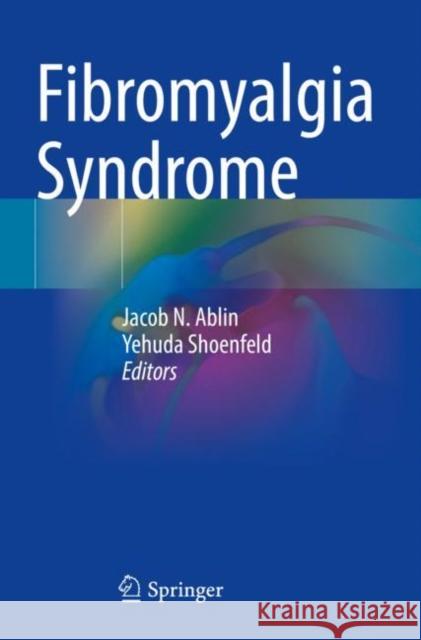Fibromyalgia Syndrome » książka
topmenu
Fibromyalgia Syndrome
ISBN-13: 9783030786403 / Angielski / Miękka / 2022
Fibromyalgia Syndrome
ISBN-13: 9783030786403 / Angielski / Miękka / 2022
cena 402,53
(netto: 383,36 VAT: 5%)
Najniższa cena z 30 dni: 385,52
(netto: 383,36 VAT: 5%)
Najniższa cena z 30 dni: 385,52
Termin realizacji zamówienia:
ok. 16-18 dni roboczych.
ok. 16-18 dni roboczych.
Darmowa dostawa!
This book provides a comprehensive overview of fibromyalgia syndrome that focuses on integrating concepts relevant to the pathogenesis, epidemiology and treatment of the condition. Details of how to manage sleep disorders, assess related disabilities, use pharmacological and complementary treatments are provided. Relevant aspects of neuromodulation, genetics, and neuromodulation are also covered. Therefore, enabling the reader to develop a deep understanding of the underlying triggers of and tools for assessing and treating fibromyalgia. Fibromyalgia Syndrome features a wealth of information on the basic science and contains guidance on how to make clinical decisions when treating patients with this condition, and is a valuable resource for any medical professional or trainee seeking a dedicated up-to-date resource on the topic.











